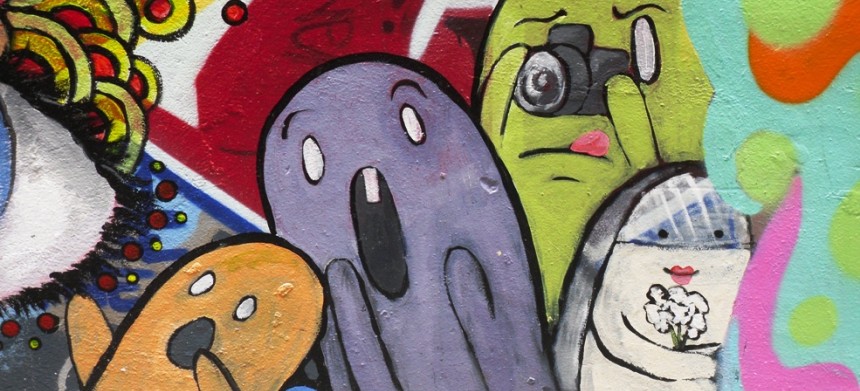Thursday 22 December 2016
Christmas is Not an Unalloyed Good
Edward Scissorhands is my choice of Christmas movie. Here is why.
Christmas is the quintessential Belonging Festival. You'll know this from having watched every Christmas advert ever. You know - retired old person moping about an old-fashioned house in grayscale, casting unhappy glances at the driveway until out of nowhere the whole family turns up in bright Christmas jumpers, bustling and cheery like the cast from Home Alone. Next, in case you had failed to grasp the joy of companionship, family and togetherness, out goes the grayscale and in arrives the usual Dickensian palette of amber, gold, orange, green, yellow, red, mahogany and every other shade to be found by the light of a coal fire.
In that respect, for once the Tim Burton colour scheme makes perfect sense: Edward's black and white against the relentless pastel of suburbia. Individual: grayscale. Groups: colour. This is my first reason for loving Edward Scissorhands at Christmas: it reminds me that grayscale is not there simply to provide a negative contrast for the Dickensian Christmas palette - it has its very own charm. By being partisan to belonging, Christmas can inadvertently demonize solitude, needlessly making lonely people feel lonelier. "Christmas is for people with children or family and I have neither of those anymore", I was told last night by an elderly worker at the Fitzrovia Community Centre. Meh. I'm not fond of celebrations that leave people out. I side with Edward and the grayscale - and being just as fulfilled in my old-fashioned house watching Netflix as the Home Alone crew in their boisterous bustle.
My other reason is what I see as the film's moral. The story is this: mad genius creates Edward, a kindly childlike Frankenstein (played by Johnny Depp), but dies before it can replace its scissors hands with human ones. Some time later, a local saleswoman discovers Edward abandoned at his Gothic mansion and takes him home. Here his scissoring talents make Edward popular with the local crowd (he sculpts hedges and haircuts) and for a while things go well. However, before long he meets the dashing daughter of his adoptive family, falls in love, the usual conflicts ensue and in the end Edward is hunted out of the community with pitchforks (doesn't matter why). So no happy ending, no cheery family reunion, no jolly Dickensian Christmas palette. But what exactly is the moral?
It is, I think, this: that belonging is at best temporary and expensive.
Expensive, because most relationships, families, friends and communities never quite accept individuals in their true authenticity. Instead, membership is conditional - upon rules of behaviour, appearance, demeanour, manner of speaking, performance, wealth, endorsement of specific values, youth, fitness or any other you can think of. As humans, we are never fully secure in our belonging and in consequence few fears loom larger in the life of man than the fear of banishment. We don't wish simply to be, in a vacuum: we wish also to belong. Banishment is death on the ancestral savannas and the dread of it has never quite left us.
Temporary, because the price of belonging is conformity. When asked to obey rules, endorse values and sacrifice authenticity for the sake of fitting in, the temptation of rebellion is always there. Even belonging to that largest of circles, the human race, requires we forgo behaving like complete criminal psychopaths. Yet we all have our moments. And therein lies the tragedy. If all social membership is conditional, the threat of banishment is ever present. Present like Edward's black outfit among the pastels and beneath the alien, ill-fitting uniform of suburbia.
Most commonplace anxieties - about saying or doing or thinking the wrong thing, about dress, manner or accent, about income, success and being "good enough" - have their murky roots in this dark, inevitable, atavistic phobia. They don't normally occur in situations where we feel securely attached - amid close family (if especially lucky) or with a new lover (if luckier still). This is a pity, because to be secure in our sense of belonging is to invite all sorts of helpful attitudes: gentleness, kindness, generosity, openness - in short, all things Christmas.
This is all fine. Feeling connected may well underwrite all of life's meaning, for what else is there but people? Might as well have an annual Festival of Belonging to hurry along the bleak time of year - mulled wine, jumpers, presents and all. Yet belonging is temporary and expensive and leaves plenty of people out. Let Christmas celebrate it, sure, but let us also reserve some compassion for all those things which fall outside it. Like Edward Scissorshands.
Subscribe to:
Posts
(
Atom
)
